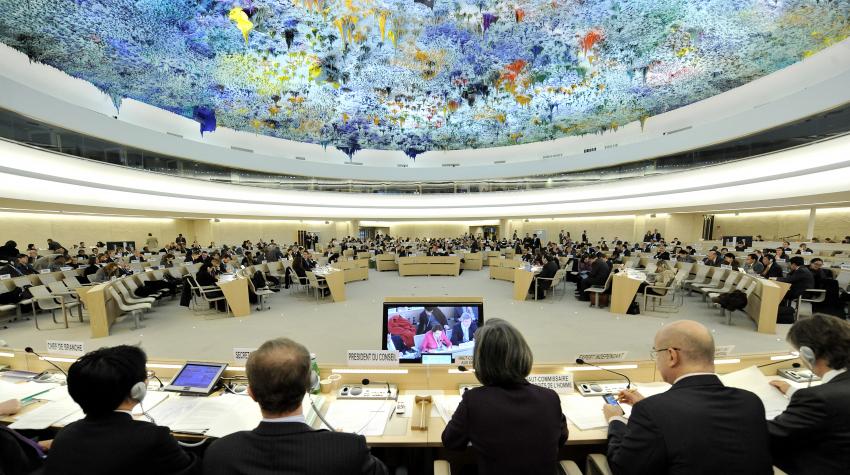 Course in Diplomatic Affairs and International Relations
Course in Diplomatic Affairs and International RelationsInternational relations are based on strong bonds and mutual connections between countries, where each state looks at its own power and security, as it operates in a system based on self-defense. It seeks to establish its position among other countries in the global political system, especially in terms of decision-making independence based on the alignment of interests between nations. Modern international relations have significantly evolved in line with the widespread changes in the global system.
Diplomacy is the foundation of international relations, as it is the method for dealing with all the problematic issues and obstacles faced by countries. Diplomacy can be used to achieve a balance between differing interests and viewpoints, making it the most important part of international relations.
Who Should Attend?
Knowledge and Benefits:
After completing the program, participants will be able to master the following:
Introduction to Diplomacy and International Relations
Foreign Policy and Decision Making
Fundamentals and Principles of International Law
Negotiation and International Arbitration Techniques
International Security and Regional Conflicts
International Economic and Trade Relations
The United Nations and International Organizations
Culture and Diplomatic Communication
Bilateral and Multilateral Relations
Evaluating International Policies and Strategies
Challenges and the Future of International Relations
Analyzing International Conflicts and Solutions
Note / Price varies according to the selected city
Factors Affecting International Relations
2026-04-06
2026-07-06
2026-10-05
2027-01-04